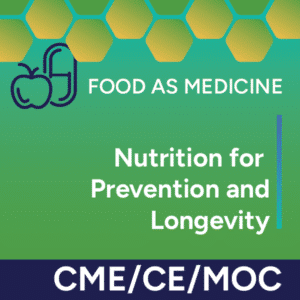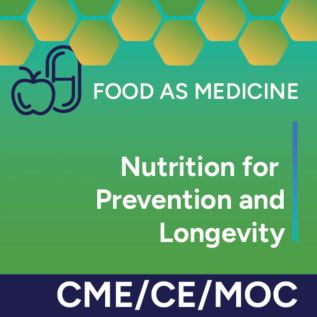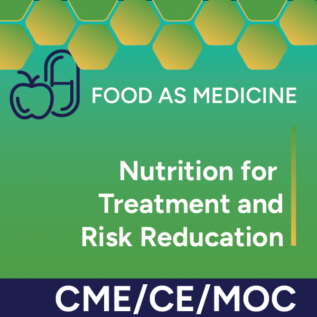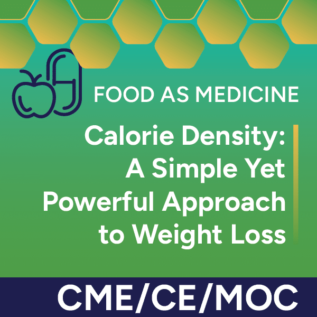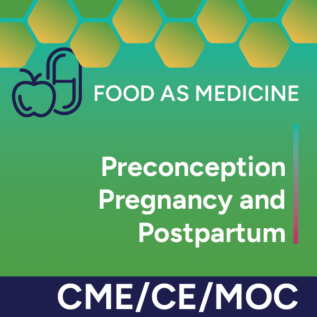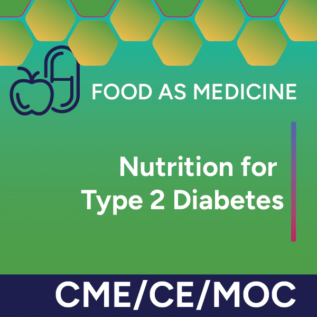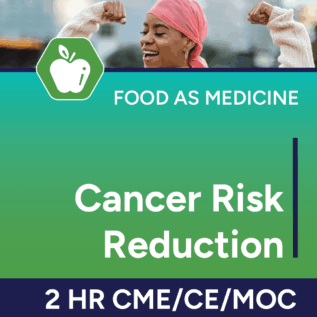Professional Practice & Education Gaps
Clinicians such as physicians and nurses receive little to no nutrition education despite the evidence showing that dietary habits significantly impact chronic disease prevention and progression. Since these clinicians lack nutrition education, they are unable to support patients in effectively making dietary changes. Although some clinicians like registered dietitians receive extensive nutrition education, their education focuses mainly on maintaining overall health, preventing chronic disease, and disease management versus disease treatment and reversal.
Educational Needs
Since dietary choices have such a profound impact on health and disease progression, all health care professionals should possess basic knowledge of utilizing food as medicine in patient care. For clinicians such as registered dietitians who are practicing more advanced nutrition therapy, the ability to apply food as medicine for the treatment and reversal of chronic disease is needed.
Target Audience
Clinicians with an interest in food as medicine:
- Physicians
- Registered nurses and nurse practitioners
- Physician assistants
- Registered dietitians
- Physical therapists and occupational therapists
- Pharmacists
- Other allied health professionals working with chronic disease prevention or treatment
- Certified health coaches
- Clinicians in training

